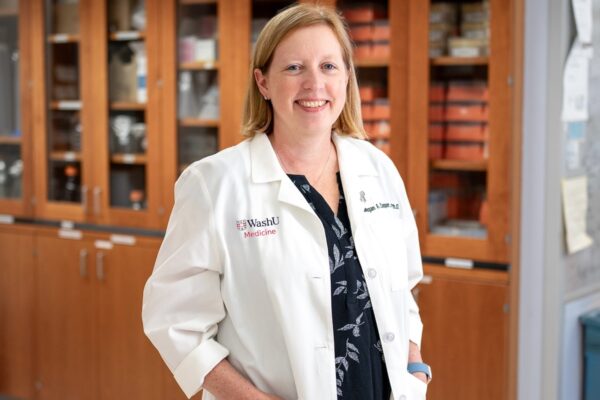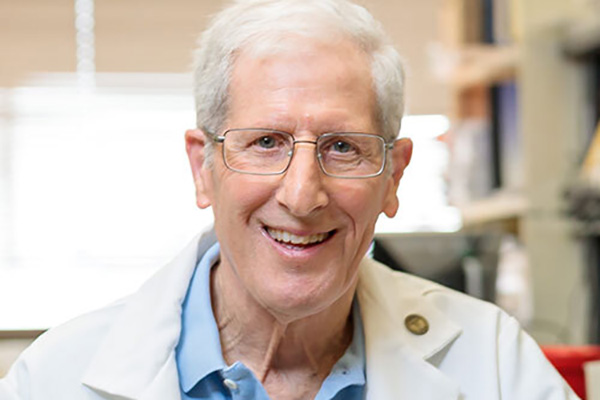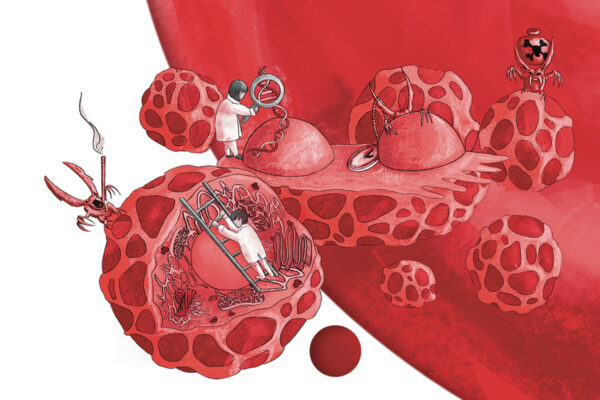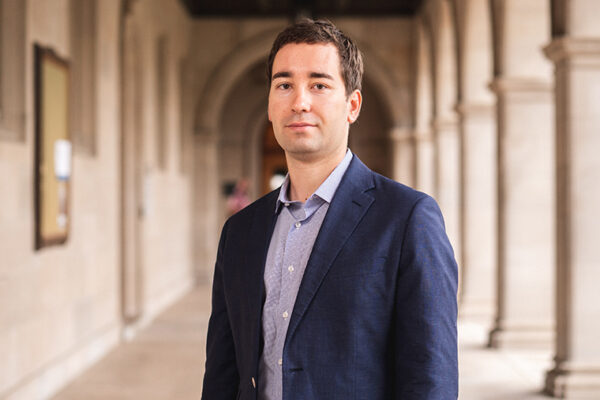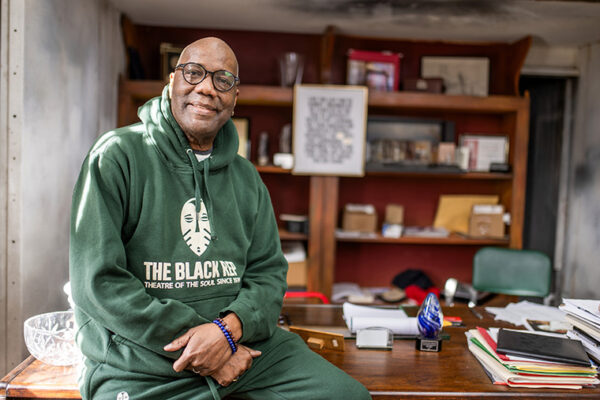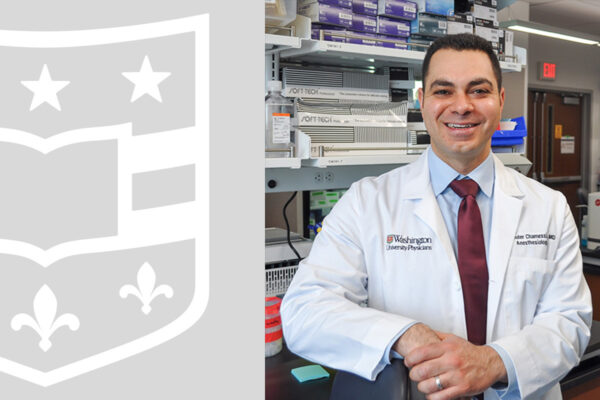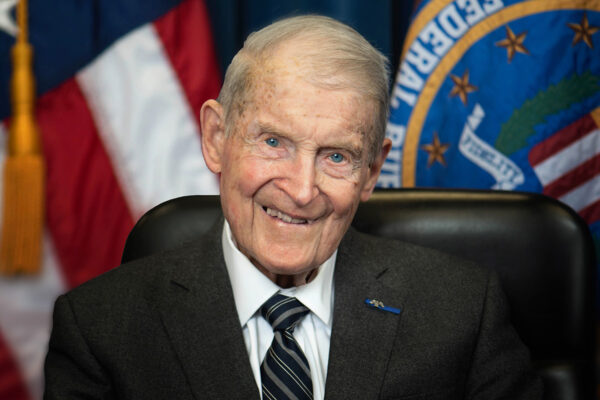Sadat named to eyeWitness to Atrocities board
Leila Sadat, the James Carr Professor of International Criminal Law at WashU, has been appointed to the board of eyeWitness to Atrocities, founded by the International Bar Association.
Research explores genetics underlying immune system disorders
WashU Medicine researchers have received a $12.4 million grant from the National Institutes of Health (NIH) to study novel genetic causes of immune disorders.
Obituary: Stuart A. Kornfeld, professor emeritus of medicine, 88
Stuart A. Kornfeld, MD, the David C. and Betty Farrell Distinguished Professor Emeritus of Medicine at Washington University School of Medicine in St. Louis, died Sunday, Aug. 17, 2025, in St. Louis from complications of Parkinson’s disease. He was 88.
Hanaway appointed attorney general; leaves WashU Board of Trustees
Catherine Hanaway, a member of WashU’s Board of Trustees, has been appointed to serve as Missouri attorney general. As such, Hanaway will step down from the board. She will be sworn in Sept. 8.
Genetic study suggests ways to catch blood cancer earlier
In a new study, WashU Medicine researchers shed light on how newly acquired mutations in blood stem cells interact with mutations passed down by parents to influence a person’s lifetime risk of developing blood cancer. The findings could inform early detection and prevention strategies.
When physics meets ecology
Mikhail Tikhonov, an associate professor of physics in Arts & Sciences, is using mathematical tools to deepen our understanding of microbial ecology and evolution.
Black Rep presents ‘Raisin (The Musical)’
The Black Rep will launch its 49th season with “Raisin,” a lost “treasure of musical theatre” (New York Times) based on Lorraine Hansberry’s iconic family drama.
Chamessian named Rita Allen Foundation Scholar
Alexander Chamessian, MD, PhD, an assistant professor of anesthesiology at WashU Medicine, was one of two early-career leaders chosen for this year’s Rita Allen Foundation Scholars Award in Pain.
Kents commit $10 million to fuel leadership, innovation at Olin
Olin Business School at Washington University in St. Louis has received a landmark $10 million dual-purpose gift from longtime university benefactors Jerry and Judy Kent to create an endowed deanship and to propel the school’s Business of Health initiative.
William H. Webster, emeritus trustee, 101
William H. Webster, an honorary emeritus trustee at Washington University in St. Louis, died Friday, Aug. 8, 2025, in Warrenton, Va. He was 101.
View More Stories

